blood vessels
![Anger Could Lead to Blood Vessel Dysfunction, Increase Risk of Heart Problems [Study]](https://1721181113.rsc.cdn77.org/data/images/full/53500/anger-could-lead-to-blood-vessel-dysfunction-increase-risk-of-heart-problems-study.jpg?w=237&h=131)
Anger Could Lead to Blood Vessel Dysfunction, Increase Risk of Heart Problems [Study]
Blood-Brain Barrier: Here's How This Tight Layer Protects Your Brain
Wireless Millirobots Navigate Hard-to-Reach Blood Vessels With Precision, Revolutionize Clot Removal and Vascular Surgery
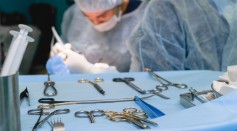
AI Brain Surgery System Could Be Possible in Next Two Years, Leading to Safer and More Effective Procedures, Neurosurgeon Reveals

3D-Printed Nose Attached to Forearm To Grow Blood Vessels Before Moving It to Patient’s Face in 6-Hour Microsurgery
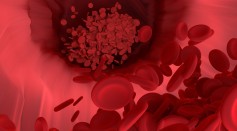
Drug For Type 2 Diabetes Can Also Decrease Blood Vessel Dysfunction, Improving Vascular Health in Ageing Adults
Cell-Sized Microrobots Could Someday Change Future Medical Treatments

Long COVID Symptoms Now Includes Blood Clots Along With Taste or Smell Loss and Brain Fog

Breakthrough Study Reveals How Meningitis Spreads Through Fungal Infection, Block and Damage Blood Vessels
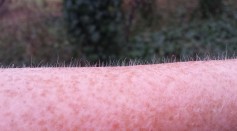
How to Prevent Rosacea Flareups? Tips to Avoid Triggers and Reduce Skin Redness
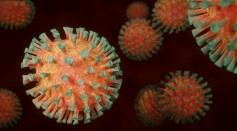
TAU Researchers Discovered COVID-19 Proteins That Harm Blood Vessels; Information Could Be Used to Develop New Treatment
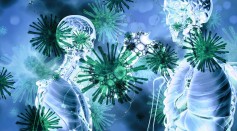
COVID-19 a Vascular Disease; New Study Reveals the Virus is Not a Respiratory Illness
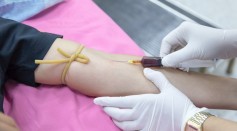
Zinc Plays a Critical Role in Regulating Blood Pressure and Potentially Hypertension Treatment
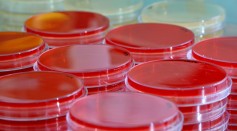
Wound Healing Can Be Stimulated by Regulated Direct Current Electric Fields, Study Says
Most Popular

How Technology Is Changing the Real Estate Industry?

How a Plant-Based Diet Can Protect Against Breast Cancer: Insights from Nutrition Research

Study Reveals High Turnover in Scientific Research Careers: What This Means for Future Scientists

Why It's So Difficult to Lose Weight: The Biological Explanation Behind Obesity






